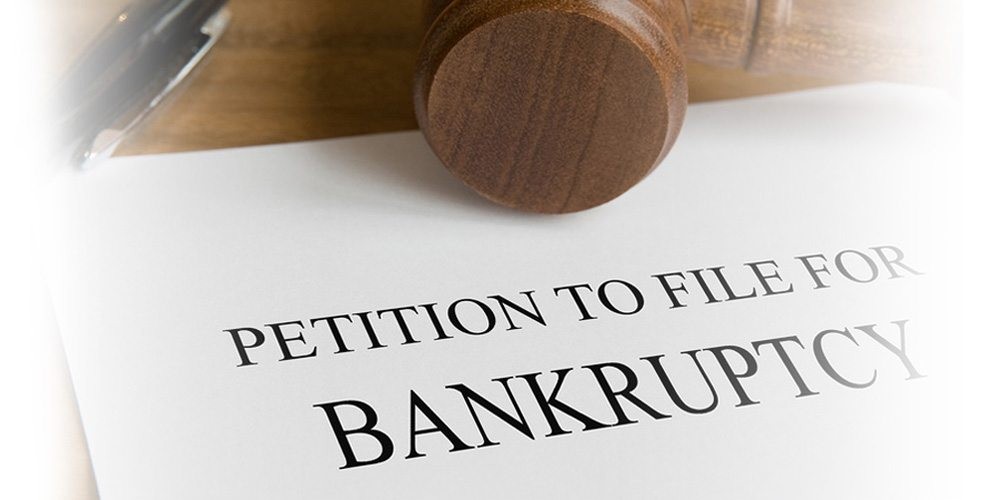For the millions of Americans saddled with student loan debt, to write “2022 has been a wild ride” is an understatement. If you are nauseated by these constant ups and downs, then let me assure you, dear reader: you are in good company. As an experienced Bankruptcy Attorney and the holder of a subjectively immense amount of student loan debt, I am writing this article for the benefit of everyone confused as to where they stand. To begin, let’s review the series of recent seismic shifts impacting borrowers.
First, as many are familiar, on August 24, 2022, President Joe Biden announced his plan to forgive up to $20,000 of student loan debt per borrower. This announcement was hailed by many as a landmark achievement and as fulfilling a signature campaign promise. Thousands of borrowers were set to receive life-changing student loan debt discharges totaling millions of dollars. This announcement was not without vocal critics. It was also derided by many of the right as an overreach of government authority and all-but-certain to cost taxpayers billions of dollars in the short- and long-term.
Then came the lawsuits. One filed in Missouri and another filed in Texas. The Missouri lawsuit began with a preliminary injunction to stop the Department of Education (DOE) from forgiving debts until that Court could establish whether the parties had standing to sue. Later, that Court found standing for the state of Missouri because the state would lose tax dollars if loan servicer, Missouri Higher Education Loan Authority (MOHELA), did not collect payments on forgiven debt. The Texas lawsuit began under the theory that the discharge program was unlawful because the DOE failed to follow proper rulemaking procedures that allow for public comment prior to implementing forgiveness. Both Courts found in favor of the challengers and halted the forgiveness program while the government appeals the decisions.
Then, on November 17, 2022, the Department of Justice (DOJ) released a document titled “Guidance for Department Attorneys Regarding Student Loan Bankruptcy Litigation”. This guidance was also hailed by many as a seismic shift in the treatment of student loans in Bankruptcy. In my experience, most would-be debtors are familiar that, absent a finding of “undue hardship,” student loans are not discharged by Bankruptcy. However, the details are far more nuanced. The seminal case is Brunner v. N.Y. State Higher Educ. Servs. Corp. This case is binding in many jurisdictions (including Pennsylvania) and details a three-prong test to determine if a debtor will experience an undue hardship if forced to continue repayment of their student loans after discharging from Bankruptcy.
Proving “undue hardship” is incredibly burdensome and the vast majority of debtors are rejected, so the DOJ guidance seeks to streamline the process and increase transparency. The guidance reviews each of the factors for Courts to determine undue hardship and instructs government attorneys to work closely with debtors to establish the facts and agreement upon which they can stipulate and jointly present to the Bankruptcy Court. The stated goal is to enable more debtors to achieve bankruptcy discharges for their student debt.
Finally, on November 22, in response to the pending litigation over the forgiveness program, the DOE issued a press-release titled “Biden-Harris Administration Continues Fight for Student Debt Relief for Millions of Borrowers, Extends Student Loan Repayment Pause”. This announcement extends the payment moratorium on student loans that began with passage of the CARES Act signed by then-President Donald Trump in March 2020 and has since been extended multiple times. The payment moratorium is extended until either the resolution of the pending legal challenges or June 30, 2023 – whichever occurs first.
Given these seismic shifts, you are likely asking yourself “what does this mean for my student loans?” For now, federal student loans are still under payment moratorium and you are not required to make payments. The legality of the current forgiveness program is under review by the Courts. If you are also considering seeking Bankruptcy protection, you may now be wondering “can I discharge my student loans in Bankruptcy?” As both an experienced Bankruptcy Attorney and the holder of a subjectively immense amount of student loan debt, I must caution you that this is merely guidance. Guidance does replace the statutes or established case law. Judges must exercise their discretion in whether to find the elements of an “undue hardship” are met using the statutes and the case law. Even with stipulated facts, mere guidance cannot guarantee an “undue hardship” finding. Furthermore, guidance is fundamentally fragile – it can be rescinded or changed as easily as it can be issued. Make no mistake, the guidance is a wondrous first step to properly address the systemic disparities of student debt versus non-student debt in bankruptcy. My sincerest hope is that the guidance leads to further Congressional legislative action to correct the glaring disparities in how student loans are treated in Bankruptcy. I applaud the goals this Guidance seeks to achieve, even though I feel dejection at the prospect to completely overhaul the Bankruptcy landscape.
In conclusion, 2022 has been a truly wild ride for all those who owe student debt. We continue to benefit from the moratorium on payments and also keep our collective fingers crossed for some forgiveness and/or systemic changes to the student loan system. If you are considering a bankruptcy to pursue discharge of student debt, discuss with a qualified Bankruptcy Attorney to know your options and evaluate the risks. The experienced, proven, and trusted bankruptcy attorneys at Mooney Law stand ready to assist you and answer your questions. Consultations for bankruptcy are always free at Mooney Law. To schedule a FREE consultation, call us today at 833-MOONEYLAW or at 717-200-HELP. You can also visit the firm website at https://www.mooney4law.com.



